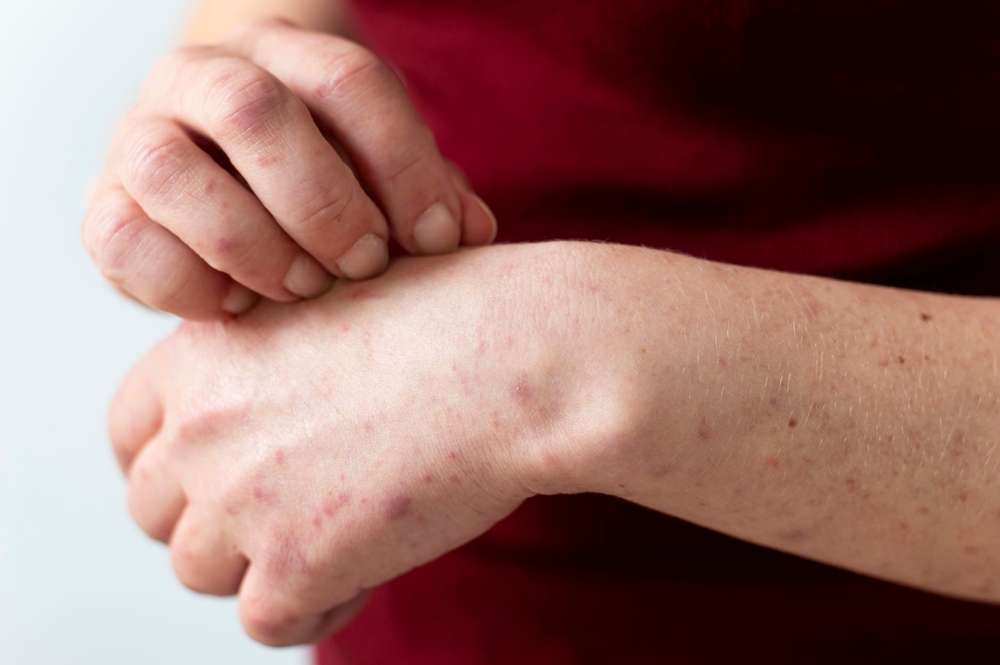Scalp Psoriasis Care: Treatments and Long-Term Tips
Scalp psoriasis causes itchy, red, scaly patches that can be persistent and frustrating. This guide explains medical options—from topical steroids and vitamin D analogues to systemic drugs and biologics—alongside lifestyle strategies, home care tips, and when to seek professional help to manage symptoms effectively.

Scalp psoriasis is an autoimmune condition that produces raised, flaky, and often itchy patches on the scalp. While there is no permanent cure, a combination of medical treatments, supportive self-care, and ongoing monitoring can significantly reduce symptoms and improve daily comfort. This guide outlines key treatment options, practical lifestyle measures, and indicators for seeking professional help.
Medical treatment options for scalp psoriasis
A range of clinician-prescribed therapies target the inflammation and excessive skin-cell turnover that characterize psoriasis. Common medical approaches include:
-
Topical corticosteroids: These anti-inflammatory creams, lotions, or foams are often first-line for reducing redness, swelling, and itching. Formulations vary in strength and application frequency depending on severity and location.
-
Vitamin D analogues: Applied topically, these agents slow the rapid growth of skin cells and can be used alone or combined with steroids for better control.
-
Salicylic acid preparations: Keratolytic agents like salicylic acid help soften and loosen thick scales, allowing topical medicines to penetrate more effectively.
-
Coal tar and tar-based shampoos: Traditional, over-the-counter tar products can reduce scaling and inflammation when used regularly, though they have a distinctive odor and may stain.
-
Systemic medications: For moderate to severe cases that extend beyond the scalp, oral or injected systemic drugs such as methotrexate, cyclosporine, or acitretin may be prescribed to suppress the overactive immune response.
-
Biologic therapies: These targeted injectable medications block specific immune molecules involved in psoriasis. Biologics are typically considered when other treatments fail or in widespread, treatment-resistant disease.
Work with a dermatologist to choose the right combination and to monitor effectiveness and side effects.
Supportive lifestyle and natural strategies
Complementary measures can enhance medical care and reduce the frequency or intensity of flare-ups:
-
Gentle cleansing: Use mild, medicated shampoos as directed. Regular, gentle washing helps remove scales and reduces irritation.
-
Scalp hydration: Oils, emollients, or prescribed moisturizers can soothe dryness and make stubborn scales easier to remove without scratching.
-
Stress reduction: Psychological stress is a well-known trigger for psoriasis flares. Techniques such as mindfulness, yoga, counseling, or regular exercise may lower flare frequency.
-
Anti-inflammatory dietary changes: While no diet cures psoriasis, reducing processed foods and alcohol and increasing anti-inflammatory foods (omega-3 rich fish, fruits, vegetables) can support overall skin health.
-
Phototherapy: Under medical supervision, targeted UV light therapy can reduce symptoms for some people, but it requires clinical oversight to manage dosing and long-term risks.
-
Avoiding triggers: Harsh hair treatments, frequent chemical processing, and tight hairstyles can aggravate the scalp. Identifying personal triggers and minimizing exposure helps control symptoms.
When to consult a healthcare professional
Seek professional care if any of the following occur:
-
Over-the-counter or home remedies fail to control symptoms.
-
The condition severely impairs daily life, self-esteem, or work performance.
-
There are signs of infection, such as increasing pain, oozing, warmth, or fever.
-
The rash spreads quickly, becomes painful, or is accompanied by systemic symptoms.
-
Sleep is disturbed regularly because of itching or discomfort.
Early evaluation by a dermatologist can prevent complications and help tailor a treatment plan that considers other health conditions and medications.
| Treatment Type | Average Cost Range | Effectiveness Rating |
|---|---|---|
| Prescription Steroids | $30-100/month | High |
| Medicated Shampoos | $15-40/bottle | Moderate |
| Coal Tar Products | $10-30/bottle | Moderate |
| Biologics | $10,000-30,000/year | Very High |
| Natural Remedies | $5-50/month | Variable |
Prices, rates, or cost estimates mentioned in this article are based on the latest available information but may change over time. Independent research is advised before making financial decisions.
Long-term management strategies
Successful, sustained control of scalp psoriasis usually requires a personalized, multi-pronged plan:
-
Adhere to prescribed medication regimens and follow dosing instructions to maximize benefit and reduce side effects.
-
Maintain a consistent scalp care routine that includes gentle cleansing, periodic exfoliation of scales if advised, and appropriate moisturization.
-
Track triggers and flare patterns: keeping a brief log of diet, stress levels, weather, and hair products can reveal patterns that help reduce future flares.
-
Schedule regular follow-ups with your healthcare provider to evaluate progress and adjust therapy as needed. Treatment responses can change over time, and plans should be adapted accordingly.
-
Record responses to new treatments and any side effects so discussions with clinicians are informed and efficient.
Working closely with dermatology professionals ensures monitoring for both efficacy and safety—especially with systemic drugs and biologics that require lab testing or ongoing assessment.
This article is for informational purposes only and should not be considered medical advice. Please consult a qualified healthcare professional for personalized guidance and treatment.




